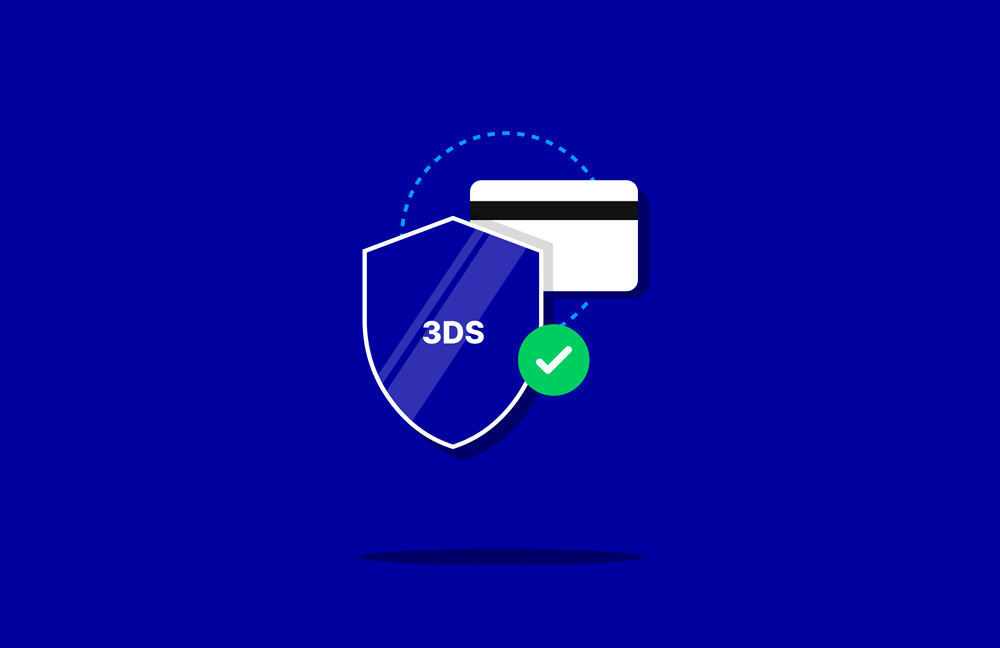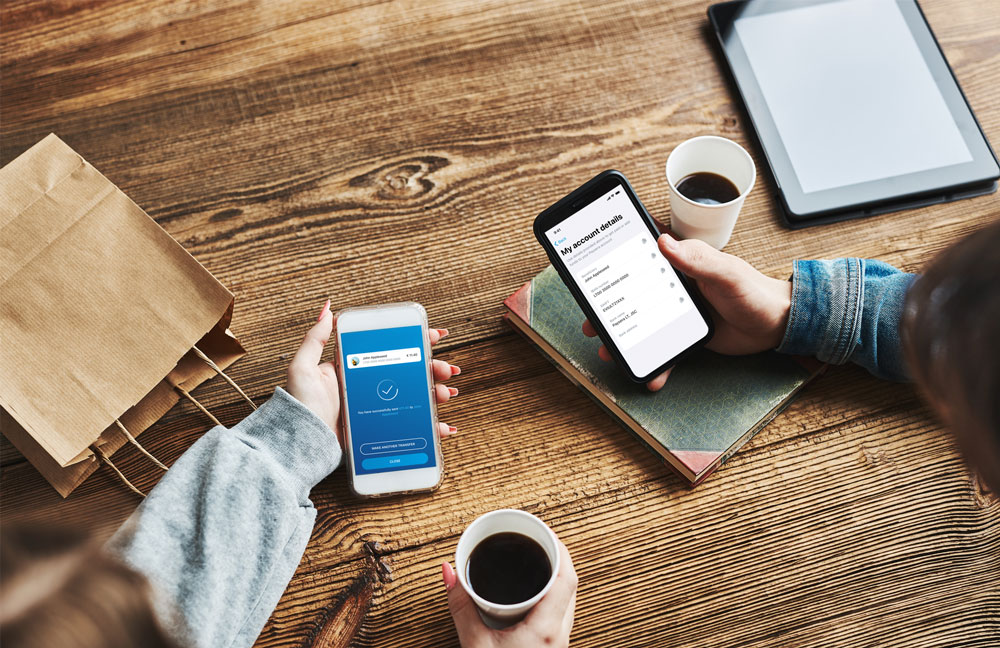The ultimate fintech jargon dictionary

Fintech
Fintech is a combination of two words – 'finance' and 'technology'. The two words combined symbolise the best of both worlds – simple financial management with the help of technology.
Open Banking
Open Banking enables banks to securely share your data with other firms or apps in real-time, only with your permission, of course. It means that you can manage money better, compare products, and discover new services. For instance, you could link your bank with a budgeting app to track spending.
PSD2 (Second Payment Services Directive)
PSD2 is an EU rule promoting competition and innovation in payments. It lets non-banks, like tech and retail firms, offer payment services, and makes banks share customer data with them (with consent). This gives customers more choices and potentially better services for managing finances and making payments.
Payment Gateway
Payment Gateway is a handy tool that links an e-commerce site to a payment service. It helps the site to process online payments securely.
Have you given Paysera Checkout a shot yet? This is our very own Payment Gateway, winning the trust of over 13,000 e-shops due to our wallet-friendly pricing, availability of the most favoured payment options for e-shop customers, and our capacity to accept payments in various currencies. Your e-shop could be the next to benefit!
BIN (Bank Identification Number)
The Bank Identification Number is the first six numbers on a credit or debit card. It is used to identify the bank that issued the card. It helps with transactions and also aids in preventing fraud.
BNPL (Buy Now, Pay Later)
Buy Now, Pay Later enables you to shop now and pay later via smaller instalments. It's similar to a mini loan for your purchases, usually interest-free if paid back on time.
E-wallet
E-wallet is a digital service that allows you to make electronic transactions, like buying things online or transferring money. You can put money into your e-wallet using a credit or debit card, or through a bank transfer. It's like a virtual version of the wallet you carry in your pocket but for online use.

NFC (Near Field Communication)
NFC payments are a quick and secure way to pay by tapping your phone or special card on a compatible machine. Commonly used in stores and restaurants, these contactless payments are supported by apps like Apple Pay, Google Wallet, and Samsung Pay.
POS (Point of Sale)
A Point of Sale (POS) system is a tool businesses use to manage sales, record transactions, and track inventory and customer data. It can be a cash register, computer system, or portable device like a tablet, and is used for processing customer payments for purchased goods or services.
PIS (Payment Initiation Service)
Payment Initiation Service (PIS) is a service that lets users pay online directly from their bank account to a retailer, without a debit or credit card. Users simply authorise the service provider to start the payment process from their bank.

PISP (Payment Initiation Service Provider)
A Payment Initiation Service Provider (PISP) is a regulated company that securely starts payments for users, acting as a link between the user and their bank.
Bank Link
Bank Link acts as a bridge between your bank account and other financial services. It's designed to make your life easier by enabling seamless transfers of data or money. This comes in handy for things like setting up automatic payments, conducting online transactions, or simply keeping a close eye on your personal finances.
Virtual cards
Virtual cards are digital credit or debit cards used for online purchases. Managed via smartphone or computer, they generate key details like card number, expiry date, and CVV electronically. They're safer because they don't expose your actual card details.
AML (Anti-Money Laundering)
AML refers to rules aimed at preventing illegal income generation like fraud or crime. These laws help prevent financial institutions from being used for illicit money transfers.
KYC (Know Your Customer)
Know Your Customer (KYC) is a method financial institutions use to confirm their customers' identities by checking things like their ID or financial history. This helps prevent illegal activities like fraud or money laundering.
3D Secure
3D Secureis an online protection feature for card transactions. It requires the card owner to confirm the transaction, using a password, fingerprint, or a code sent to their phone, preventing fraud. The "3D" refers to the three parties involved: the seller, the bank issuing the card, and the system supporting 3D Secure.

Chargeback
Chargeback is a refund a client can request from their payment card issuer for a purchase they dispute. For example, if someone fraudulently used your card, or you were charged the wrong amount, you could ask the card company for a chargeback investigation.
Cashback
Cashback is a benefit where you get a small portion of your spending back, either as account credit or actual cash. It's like a discount on your purchases.
SHA and OUR fee payment options
In banking and fintech, SHA and OUR codes determine who pays the transaction fees for a transfer.
SHA (Shared) means both the sender and the recipient pay their own bank's charges – the sender for sending, the recipient for receiving.
OUR (Sender Pays) means the sender covers all fees, ensuring the recipient gets the full amount without deductions. The sender pays both sending and receiving bank charges.



